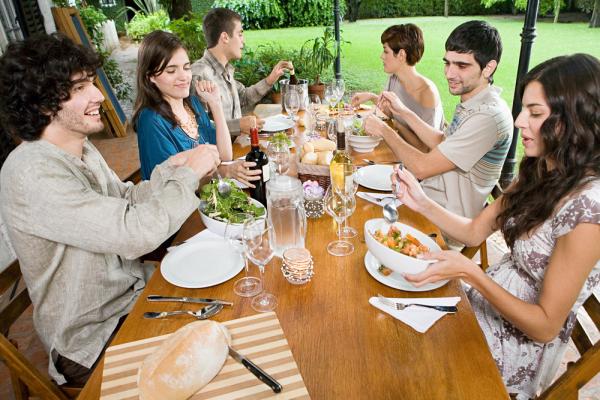Kevin Finch was a pastor's kid and a pastor's grandkid. Two of his uncles were also pastors and so was his cousin. It was the family business. Finch doesn't tell many people that he, too, became a minister.
The idea behind Big Table isn't about proselytizing, praying or preaching. Finch's only goal is to befriend local food industry workers and pamper them at the regular Big Table dinners.
"God is big enough to show up when he wants to show up," Finch said.
As a recent evening of fine dining wound down, Finch picked up the microphone and looked at the 45 people sitting at the big table. Together they had drunk wine and chatted over a lavish five-course meal.
It was time for full disclosure.
"I was a pastor," he said sheepishly, "but whenever I mentioned that to folks in the (food) industry they would stop talking to me. It could clear a table in about 30 seconds."
Read the Full Article

